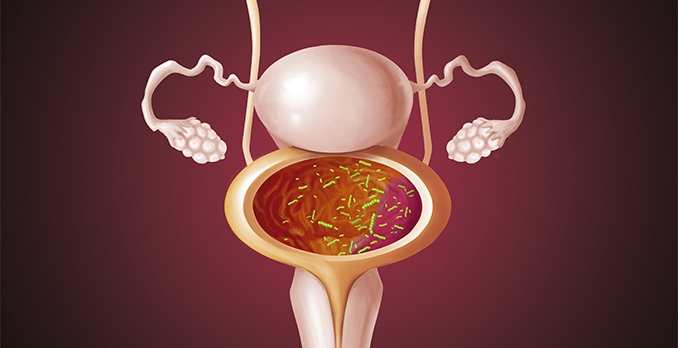Urgent message: Urgent care clinicians should consider the possibility of cholecystitis when evaluating patients with cardiac symptoms. A delay in diagnosis may lead to serious complications, including sepsis. ALONA D. ANGOSTA, PhD, APRN, NP-C, and BRYAN HOLMES, NREMTP Introduction Patients with acute cholecystitis typically complain of right-upper-quadrant pain that radiates to the right shoulder and back, fever, and leukocytosis.1 The pain may also be associated with nausea or vomiting. However, acute cholecystitis can mimic cardiac …
Read More



